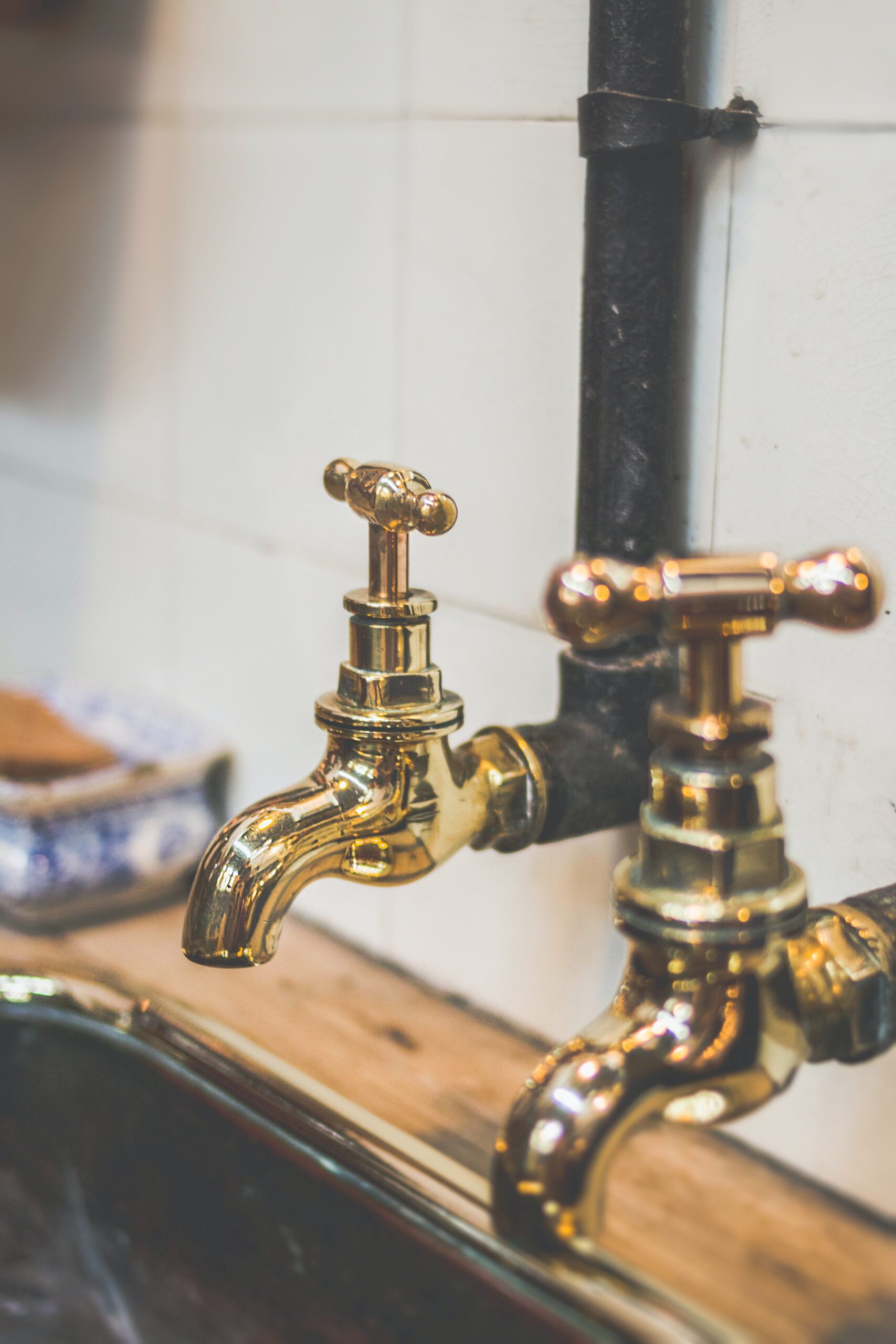The complex network of pipes that runs through our homes frequently has an unsung role in the grand story of home ownership. However, ignoring these essential conduits can trigger a series of problems that turn the once-calm house environment into an open field of expensive repairs and chaos brought on by a pool of water.
In this article, we take a walk through the channels of preventive plumbing, uncovering methods to ward off costly repairs and relish the peace of a well-functioning home.
Regular inspections
Every home must undergo regular plumbing system inspections to avoid expensive problems. Look out for obvious leaks under sinks, around toilets, and close to water-dependent appliances during these inspections. Water stains on ceilings and walls may indicate hidden leaks that, if ignored, could cause structural damage.
Unusual noises like banging or knocking may point to a water hammer or loose parts. Monitoring water pressure in taps and showerheads helps identify potential strain on pipes. To ensure early detection and address issues before they escalate, it is imperative to inspect seals, joints, and connections to appliances for signs of wear.
Proper drain maintenance
The key to avoiding plumbing problems is routine maintenance of the drains. Preventing clogs in drains requires avoiding the disposal of grease, oil, and large food particles. Blockages are less likely when hair and debris are caught by drain strainers installed in sinks and showers.
Hand soap residue and other buildups can be broken down, and smooth water flow is maintained by periodically flushing drains with hot water. Chemical drain cleaners can cause damage to pipes over time, so it’s important to avoid using them excessively. For safe and efficient solutions, take into account eco-friendly substitutes or speak with a licenced plumber instead.
Swift leak repairs
To dodge the drama of water damage and pricey fixes, you’ve got to be Sherlock Holmes when it comes to leaks. Speed is the name of the game – spot them, fix them, and save yourself a plumbing thriller. Check every nook and cranny, from faucets to toilets and those water-loving appliances.
A hidden leak could be indicated by water stains on the walls or ceiling. Possible leak indicators include the existence of mould, unusually high water bills, and dripping sounds. It is imperative that you act quickly once a leak is discovered. When a professional plumber arrives to diagnose and resolve the problem, turn off the water supply to the impacted area.
Monitor water pressure
Regularly checking water pressure is essential to maximising the effectiveness of your plumbing system and averting unanticipated problems. High pressure can be problematic and cause leaks and bursts in pipes and fixtures. Set up a pressure gauge for proactive monitoring on your main water line.
Aim for an optimal range between forty to sixty pounds per square inch (psi). If the pressure consistently exceeds this range, consider implementing a pressure-reducing valve. This strategic measure acts as a protective cape for your plumbing, mitigating potential damage and costly repairs.
Water quality and its impact on plumbing
In areas with hard water, the accumulation of limescale poses a significant threat, acting as a natural impediment to water flow and appliance functionality. Additionally, corrosion accelerates the ageing process of pipes.
Regular water quality tests are essential to identify issues early on. Implement water softeners or filtration systems to maintain optimal water quality. By adopting these measures, your plumbing system will function seamlessly, delivering clean water with professionalism.
Insulate pipes
In regions experiencing freezing temperatures, safeguard your pipes by providing them with adequate insulation, such as foam sleeves or wraps. Pay particular attention to pipes in areas prone to chilliness, such as attics or basements. This insulation serves as a protective embrace, shielding the pipes from freezing temperatures and maintaining consistent water temperature. Demonstrating care for your pipes in this manner ensures their longevity and resilience.
Emergency shut-off knowledge
When plumbing decides to go haywire, knowing where the emergency shut-off valve is – that’s your superhero moment. It’s usually hanging out near the water meter or where the main water party enters your property. Twist it, and bam! The water flow stopped, just like magic. Make sure everyone at home knows its secret hideout and how to use it. You’ll save yourself from a plumbing disaster and a hefty repair bill.
Upgrade old plumbing systems
Elevate your water infrastructure by bidding farewell to outdated, corroded pipes in older homes. Consider transitioning to contemporary materials such as copper, PEX, or PVC pipes. Although there may be an initial investment, the long-term benefits include reduced maintenance requirements, fewer leaks, and a water supply as smooth as a jazz melody.
Manifest your commitment to proactive maintenance and home improvements to demonstrate care for your plumbing system. The dividends will undoubtedly be worthwhile.
When to call the professionals
For assistance with persistent leaks, mysterious low water pressure, or recurrent drain issues, contact a licenced plumber. It’s best to seek professional assistance if your do-it-yourself attempts are unsuccessful or if you run into complicated problems with your water heater, like leaks or inconsistent heating.
In order to ensure compliance with regulations and avoid potential complications, it’s advisable to consult a qualified plumber for projects that go beyond basic maintenance, such as installing fixtures or altering piping. A professional’s intervention ensures efficient, long-lasting solutions and helps avoid future, more extensive and expensive problems when in doubt or lacking expertise.
Conclusion
As our tour of plumbing maintenance draws to a close, let’s review the key techniques for reducing the probability of needing expensive plumbing repairs.
Regular checkups and early intervention will be your allies in this endeavour. A home free from the threat of expensive plumbing problems and long-term financial savings can be achieved through proactive plumbing maintenance, which will serve as your compass.
Homeowners, always remember that you are in charge of a healthy plumbing system and that, with the correct knowledge and close attention to detail, you can navigate the complexities of plumbing maintenance with assurance and skill.

